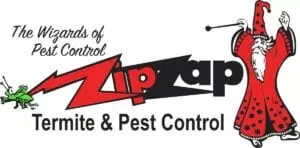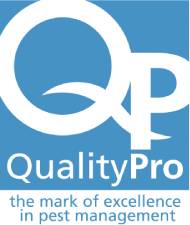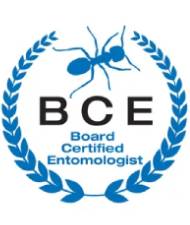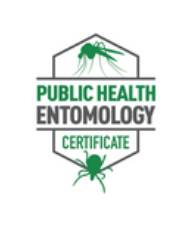How to Identify Pillbugs Prevention and Control
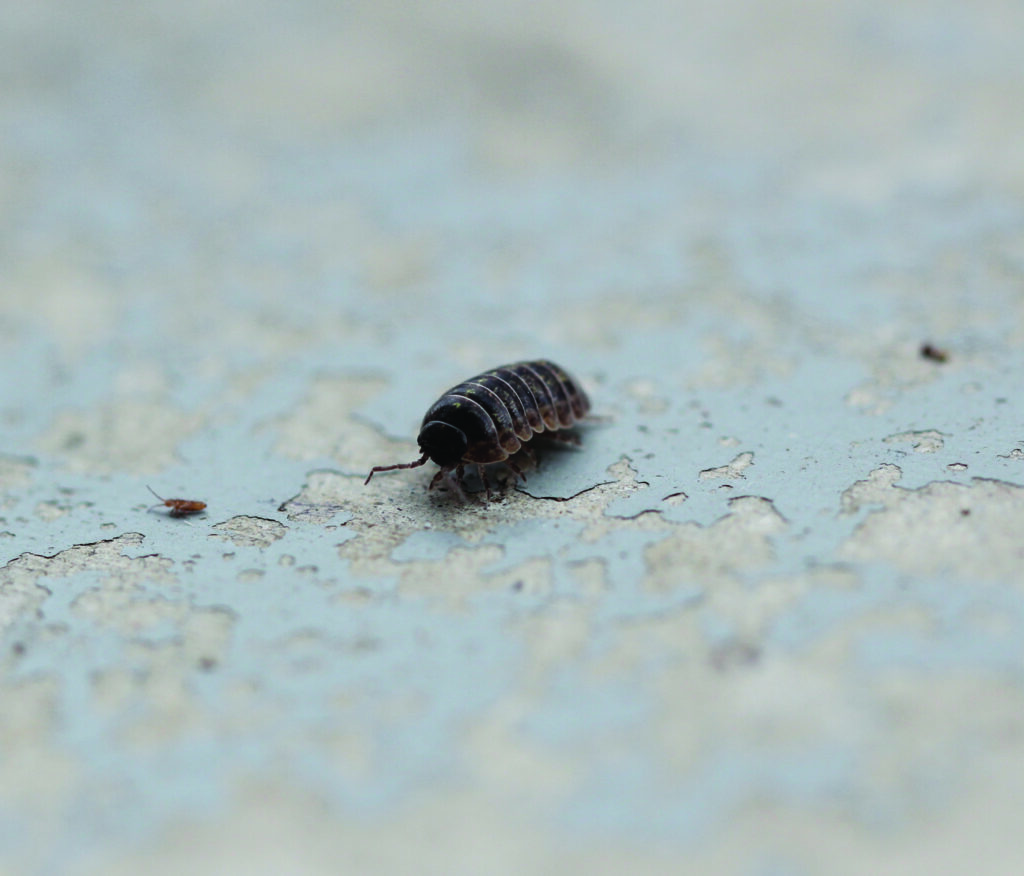
Pillbugs: Those Curious Critters in Your Kansas City Home
Pillbugs, often mistaken for insects, are small crustaceans that have adapted to land life. These tiny, segmented creatures are commonly found in damp, dark places, making your Kansas City home an attractive habitat for pillbugs. Understanding them, their habits, and how to prevent them can help you maintain a pest-free environment.
What Are Pillbugs?
Pillbugs, or woodlice, are small, oval-shaped creatures with segmented bodies. They have seven pairs of legs and can roll into a tight ball when disturbed, hence their name. These harmless creatures are often found in damp, dark environments, such as under rocks, logs, or leaf litter in Kansas City.
Why Are Pillbugs in Kansas City Around My Home?
Kansas City’s humid climate and abundant greenery provide ideal conditions for pillbug populations, making your home an attractive spot for pillbugs. They are attracted to your home for several reasons:
- Moisture: Pillbugs thrive in damp environments. Leaky pipes, basements, and crawl spaces can create the perfect conditions for them.
- Food Sources: While they primarily feed on decaying organic matter, they may also consume young plants and garden vegetables.
- Shelter: Your home provides a haven from predators and harsh weather conditions.
How Do Pillbugs Get Inside My Kansas City Home?
Pillbugs can find their way into your Kansas City home through various entry points:
- Openings: Cracks in foundations, gaps around doors and windows, and other openings can allow pillbugs to enter.
- Plumbing: Leaky pipes and damp basements can attract pillbugs and provide easy access.
- Plants: Potted plants brought indoors can sometimes harbor pillbugs.
Preventing Pillbug Invasions
To deter pillbugs from entering your home in Kansas City, consider the following preventative measures:
- Moisture Control: Fix leaky pipes, use dehumidifiers in damp areas, and ensure proper ventilation in basements and crawl spaces.
- Seal Entry Points: Seal cracks and gaps around doors, windows, and foundations to prevent pillbug entry.
- Yard Maintenance: Keep your yard clean and free of debris. Trim bushes and plants away from your home’s foundation.
- Plant Wisely: Avoid overwatering indoor plants and choose plants with low moisture requirements.
When to Call Professional Pest Control
While you can take steps to prevent pillbug infestations, professional pest control services in Kansas City can be beneficial during peak seasons or for severe infestations. Pest control professionals have the expertise and equipment to effectively eliminate pillbugs and prevent them from returning.
Pillbug populations in Kansas City tend to peak during spring and fall when conditions are damp and warm. If you notice a significant increase in pillbug activity during these times, contacting a pest control company, like ZipZap Termite & Pest Control, can help you regain control of your home.
Professional Pest Control Solutions
Pest control companies in Kansas City offer various treatments to address pillbug infestations, including:
- Inspections: Professionals will inspect your home to identify entry points and areas with high pillbug activity.
- Glue Boards: Glue boards can be placed strategically to attract and eliminate pillbugs.
- Product Treatments: Product treatments can deter pillbugs and prevent re-infestation.
- Moisture Control Recommendations: Pest control experts can advise you on improving moisture control in your home.
To manage pillbugs in Kansas City effectively, you should combine preventative measures with professional pest control when necessary.
Early detection and prompt action are crucial to preventing a full-blown infestation.

Jeffery Preece BCE,PHE
Jeffery Preece is a Board Certified Entomologist and Public Health Entomology Certificate holder.
